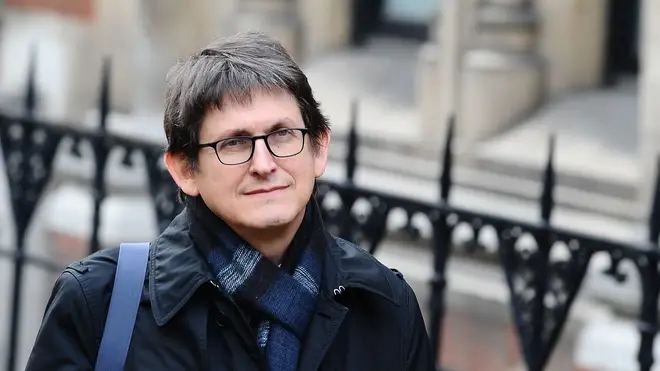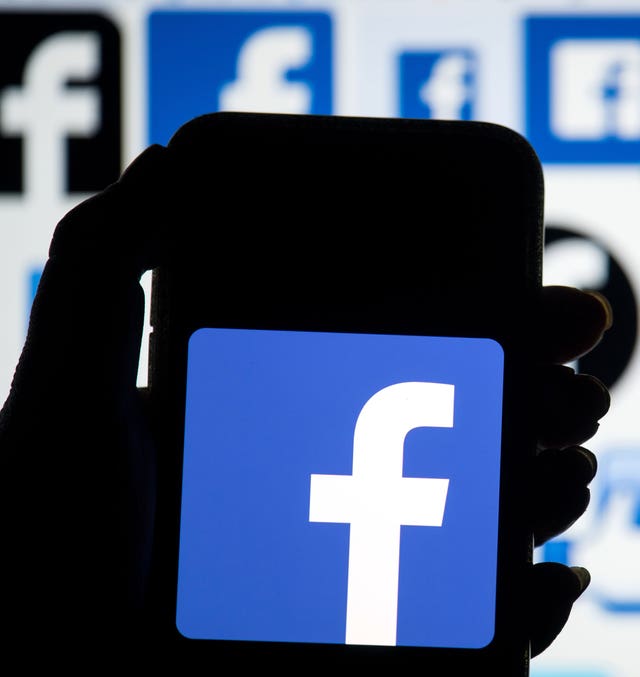
Clive Bull 1am - 4am
2 March 2021, 17:54

Former Guardian editor-in-chief Alan Rusbridger, a member of Facebook’s oversight board, told the Lords he feels ‘highly independent’.
A member of Facebook’s oversight board has defended the group’s independence, saying it is not there to “please” the social network and had kicked out executives who tried to attend meetings.
Alan Rusbridger, former editor-in-chief of The Guardian, is one of 20 members recruited by the tech giant to make “binding decisions” about content removal decisions and the upholding of policies, with the power to overrule bosses, including chief executive Mark Zuckerberg.
Speaking to the House of Lords Communications and Digital Committee on Tuesday, Mr Rusbridger said scuppering the firm’s economic model is “not our problem”.
“We’re not there to please Facebook,” he said.

“If you wanted to please Facebook, I think you’d have chosen a different group of people, and in my experience of my colleagues so far, they’re quite bolshy, they don’t want to have anything to do with Facebook, they turf Facebook out of our meetings when we realise there are some people sitting there, and so we don’t feel we work for Facebook at all and so I don’t think there’s any obligation either to be nice to Facebook or be horrible to Facebook.
“Occasionally people will say, ‘But if we did that, that would scupper Facebook’s economic model in such and such a country’, to which we answer, ‘Well that’s not our problem’, which is a very liberating thing.”
Mr Rusbridger said he has not met any Facebook executive since the group was started last year, including Mr Zuckerberg himself, but a couple of staff members did attempt to stay on calls between the oversight board early on.
“We got to the point where the training had ended and, you know, much on a Zoom screen like this, you saw there was still one or two Facebook people with their names there and one or two of us said, you know, ‘Hold on a minute, what are they still doing here?’,” he said.
“So once the training had ended, and the induction ended, we kicked them out and we haven’t seen them since.”
Discussing the board’s work so far, Mr Rusbridger said he believes the best way to tackle bad speech is to counter it with good speech, otherwise it will “go underground”.
In one case about a post praising hydroxychloroquine as a treatment for Covid-19, the board decided Facebook was wrong to remove it from the platform.
“Facebook banned that because they said that that’s a sort of crank solution and we don’t believe in misinformation, but if you looked at it, really, it was addressed really to the French regulation agency and saying it was trying to influence them to be more receptive to this,” he told the committee.
“I’m very worried by banning that kind of speech because where does it then go? It’ll go underground, it’ll go into encrypted channels and I’m afraid, I’m an old John Stuart Millite, you know, I think actually the way to tackle bad speech is to produce good speech and you’re not really solving anything by pushing it underground.
“I have some sympathies with Facebook because a blanket ban on Covid misinformation would be an easier thing for moderators and machines to understand.”
Mr Rusbridger also suggested it is likely the oversight board will ask to see Facebook’s algorithms at some point.